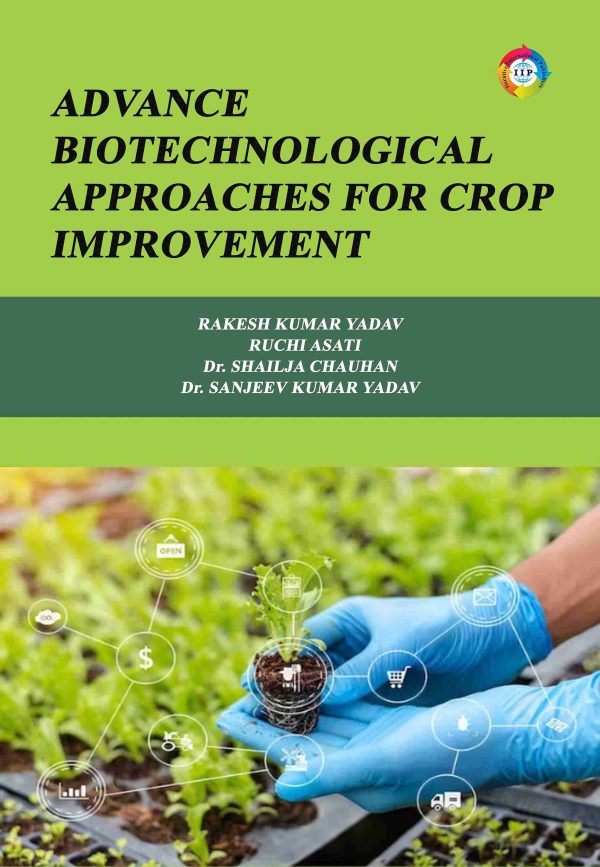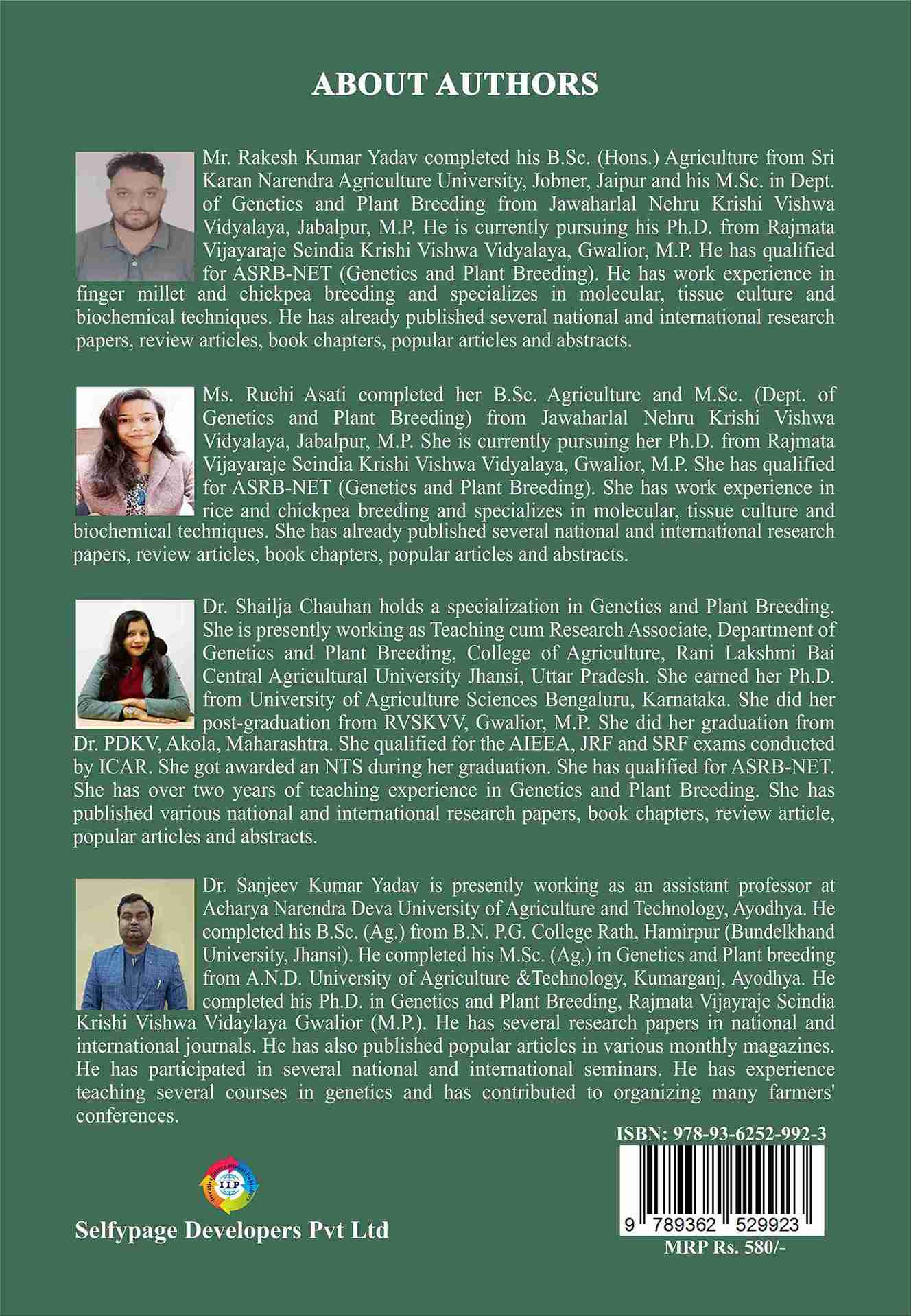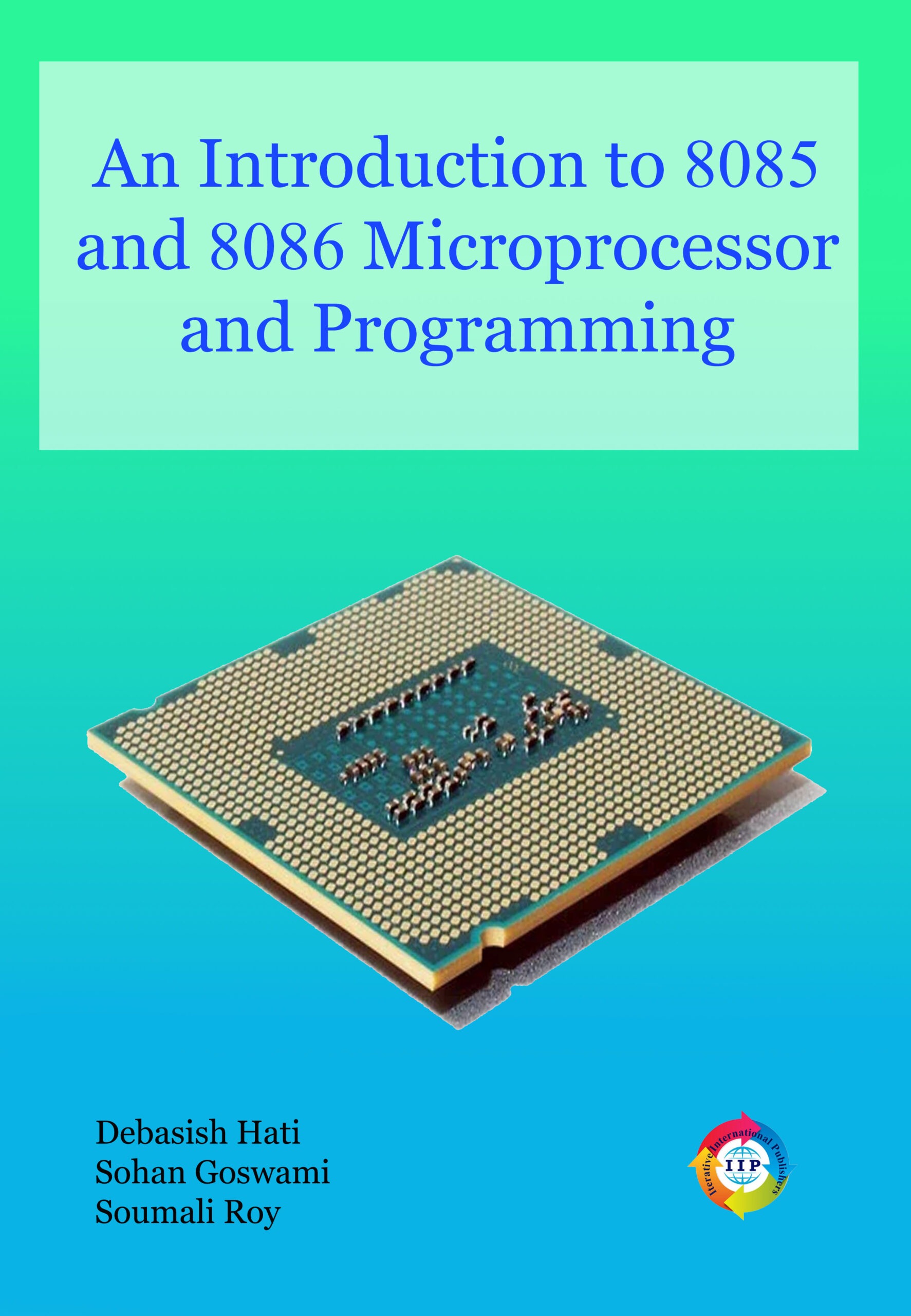The field of agriculture stands at a pivotal moment in its history. With a growing global population and increasing challenges posed by climate change, there is an urgent need for innovative solutions to ensure food security and sustainability. Biotechnology has emerged as a powerful tool in this endeavor, offering a range of advanced approaches for crop improvement.
This book “Advance Biotechnological Approaches for Crop Improvement” explores the cutting-edge biotechnological approaches that are revolutionizing crop improvement efforts worldwide. From omics technologies to molecular markers, from genome editing to in vitro techniques, each chapter delves into a specific aspect of biotechnology and its application in enhancing crop traits.
The journey begins with an overview of omics approaches, providing a foundation for understanding the subsequent chapters on structural and functional genomics, transcriptomics, proteomics, and metabolomics. These chapters illuminate how the comprehensive analysis of biological molecules at various levels can unravel the complexities of plant biology and facilitate targeted crop improvement strategies.
The book also addresses the pressing challenges of abiotic and biotic stresses in agriculture and explores how omics approaches are being leveraged to enhance stress tolerance and resistance in crops. Molecular markers, marker-assisted selection, and QTL mapping emerge as indispensable tools for accelerating the breeding process and developing improved crop varieties tailored to specific environmental conditions and consumer preferences.
As technology continues to advance, the role of next-generation sequencing, genome editing, and high-throughput phenotyping in crop improvement becomes increasingly significant. These chapters highlight the transformative potential of these technologies in revolutionizing crop breeding and accelerating the development of resilient, high-yielding cultivars.
Moreover, the book sheds light on modern breeding approaches such as speed breeding, transgenic breeding, and biofortification, offering insights into how these techniques are being employed to address nutritional deficiencies and improve crop productivity.
Throughout these discussions, the importance of bioinformatics in crop research emerges as a crucial theme, underscoring the indispensable role of computational tools in analyzing vast amounts of genomic and phenotypic data and translating them into actionable insights for breeders.
In essence, this book serves as a comprehensive guide to the latest biotechnological approaches driving crop improvement efforts. It is intended for M.Sc, Ph.D. students, Teachers, Scientist/ researchers invested in harnessing the power of biotechnology to address the challenges facing global agriculture and pave the way for a more sustainable and food-secure future.









Reviews
There are no reviews yet.